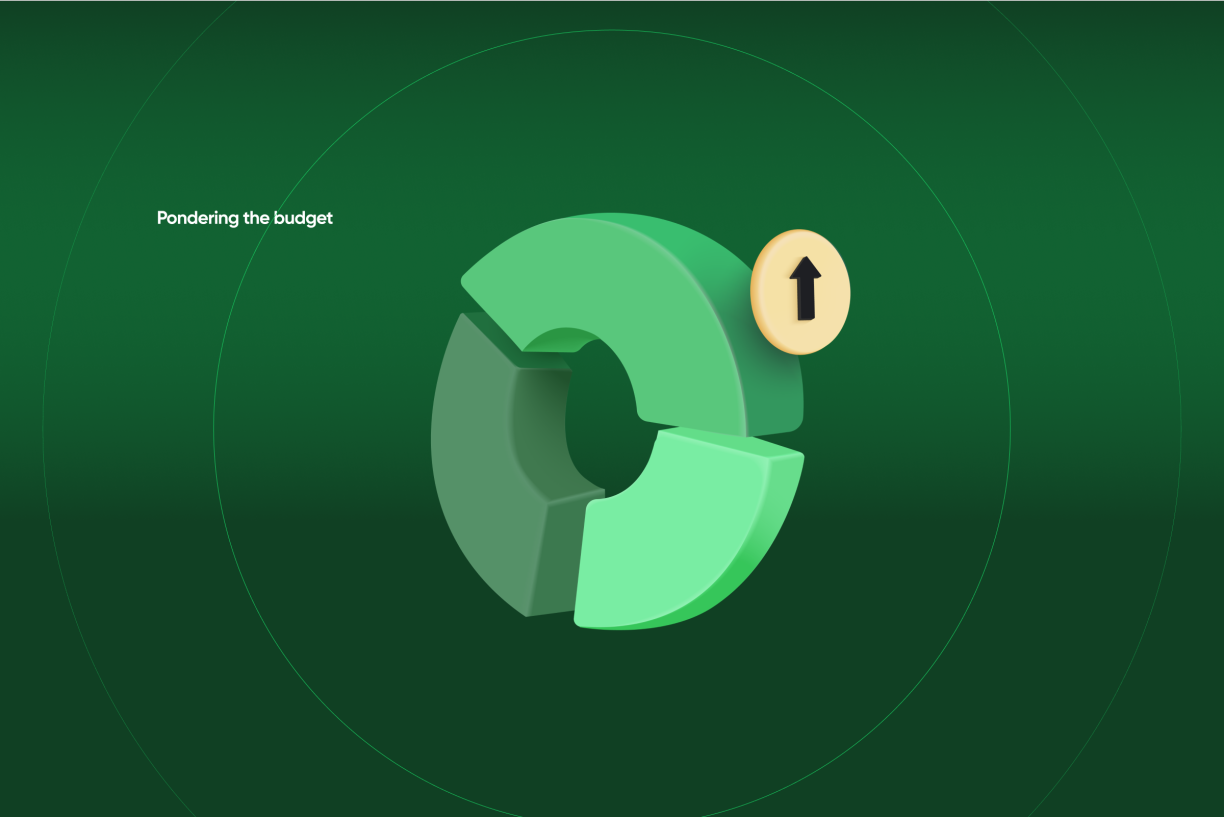You are now leaving the Bright website and entering a third-party website. Bright has no control over the content, products, or services offered, nor the security or privacy of information transmitted to others via their website. We recommend that you review the privacy policy of the site you are entering. Bright does not guarantee or endorse the products, information, or recommendations provided on any third-party website.
As children, we ask interesting questions about the world. We know no boundaries, and we let the imagination run wild.
Can we visit the rainbow?
Why do we need to eat more than a mouse?
How was the moon born?
It is one of the most beautiful mysteries of the human mind: early in its development, it starts as a budding scientist.
I used to torment my own father with provocative questions. I remember well that it was during quiet long drives together with no one else around to risk my embarrassment.
My questions leaned towards people’s lives and how they generate wealth. I was a child who was very math inclined but wondered most deeply about the social and economic worlds:
Why are some people so poor, and some so rich?
Kids live to become adults, so then what is the point of life as adults?
How do people decide how to spend their money?
This last question on budgets particularly fixated me. I remember journaling it again in my late teens (this time in a spreadsheet), as something to think about more deeply as I was studying economics and finance.
As adults, we get to a point where we receive a regular income, an inflow of cash every month. We have to make decisions where we spend this - thinking as an individual, or as a family, as our current self and thinking about our “future self” - all at once.
How do we make these decisions every day, in some cases every hour of our lives? What is a good item to spend on, and what is not? How do we simultaneously decide we want the happiness from an item in this moment of time, and balance the budget to allocate across future items we need? We also consider the needs of our family and loved ones as we think about what and where to spend.
In school, we start to learn of the concept of optimization in mathematics. When faced with a set of simultaneous equations, we can find a perfect answer, when all the variables have just the right values: the system is balanced, the system has its optimum and the system works.
This concept has been applied to economics and finance where models - mathematical representations of people’s behavior - are built to explain how people make decisions betweens competing items at different prices. The models were actually quite complex to understand, and personally took me many hours of deep-thinking library time to wrap my head around them. But on the other hand, they were also so basic in their scope - only comparing decisions between two products, and their pair of prices.
There are further indulgences. There are fancy concepts like “utility functions” - a mathematical function to represent how people convert their buying decisions into pleasure, called ‘utils’. Concepts like “indifference curves” - how people get ‘equal pleasure’ from different allocations of goods, as in different budget combinations. And - applying the techniques of optimization (calculus and linear programming) from mathematics - for finding the maximum point when a person achieves the maximum pleasure, given their utility function and their budget’s income.
On the face of it, it was an elegant and mathematically precise way of viewing ourselves as human beings. We were ‘optimization machines’ doing perfect calculations, with multiple equations to decide the perfect allocation of our money at every moment of the day. We were highly “rational” creatures. We simultaneously balance our future selves - termed our expectations - with our needs of today. And we were always always ‘on and running’ making the best decision, in every moment.
The concept even had a lyrical term that captured the essence of this rigid creed “rational expectations”. It dominated the thinking of economics and finance through the 1980s and 1990s.
In my undergraduate days, using mathematics in economics, I used to believe it all made sense. Sure it was stylized and rather mechanical - but it was an efficient approximation of people, and it seemed effective in explaining people’s decisions, where we could break down what was happening in the mind into individual pieces that kinda sorta - hopefully - made sense. We even had a tacit belief that neuroscientists would prove it all right one day.
Economists justified this by saying “look it mostly works and it gives us a framework”. Plus - it seems to work at ‘the macro level’, when we sum up the decisions of all people across a country and economy. So it is a pretty good tool for macro-economists and government planners.
But, my childhood question was:
How do people decide how to spend their budgets?
It was about the individual in each of us. Not some stylized, approximate and imaginary view of society as a whole.
This model of rational agents was actually really not helpful.
None of us make decisions like this. None of us are perfectly rational mathematically optimizing machines. If this view was true, then none of us would need any real help for our financial lives.
What is especially unfortunate: because this view of people permeated so deep into our society, culture and financial philosophy, we believed that to make people better, we just had to give them the optimization tools to make their own calculations just a bit faster. It spawned a whole industry of financial planning tools, techniques, spreadsheets - to just make people these perfectly optimizing mathematical machines all by themselves.
“Just give them the tools to do this correctly themselves, and we will all get to the best outcome”.
Governments around the world even started investing in financial education programs to teach people how to do this just right: “We make them more rational and make them better planners, so they get their best outcomes”.
You can guess what has happened: it has failed. It has not moved us in any positive direction, fast enough. Well into our 21st century as a global economy, we are still failing to help ourselves with how we manage our money lives. It is because this strange, misguided view of people as ‘rational agents’ has seeped deep into a world of budgets, spending decisions, hardcore planning, and doing lots and lots of calculations to become the perfect rational machine ourselves.
In my next post, I’ll explore how we actually behave, including our risk-taking impulses, I’ll look at the importance of finding financial balance, and I’ll introduce how this has shaped - and limited - the financial tools available to us today.



